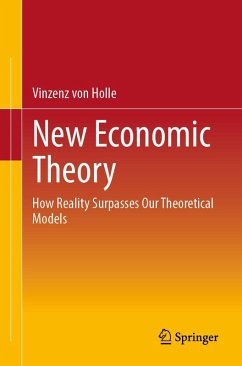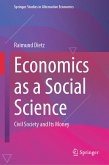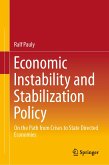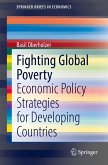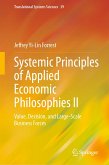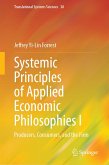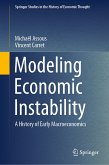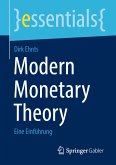- Standard Economic Theory and the Reasons for its Failure in the Real World
- New Economic Theory: Evolution of Economic Theory or Socio-Economic Revolution?
- Time for a Reordering of Society
- Relevance of the New Economic Theory for the Future
About the Author: Dr. Vinzenz von Holle is an economist, economic researcher, and business consultant. Since the mid-1990s, he has been engaged in academic economic research on topics such as behavioral economics and economic and organizational transformation processes. His studies and work in the United States at Harvard University and Georgetown University, as well as in Europe at the Universities of Vienna and Zurich, have influenced him and his research activities.
His expertise covers areas such as behavioral economics, economic theory, economic analysis, crisis and risk management, change management, restructuring and transformations, as well as organizational and strategic development. The translation was done with the help of artificial intelligence. A subsequent human revision was done primarily in terms of content.
This book is a translation of an original German edition. The translation was done with the help of artificial intelligence (machine translation by the service DeepL.com). A subsequent human revision was done primarily in terms of content, so that the book will read stylistically differently from a conventional translation.
Dieser Download kann aus rechtlichen Gründen nur mit Rechnungsadresse in A, B, BG, CY, CZ, D, DK, EW, E, FIN, F, GR, HR, H, IRL, I, LT, L, LR, M, NL, PL, P, R, S, SLO, SK ausgeliefert werden.

